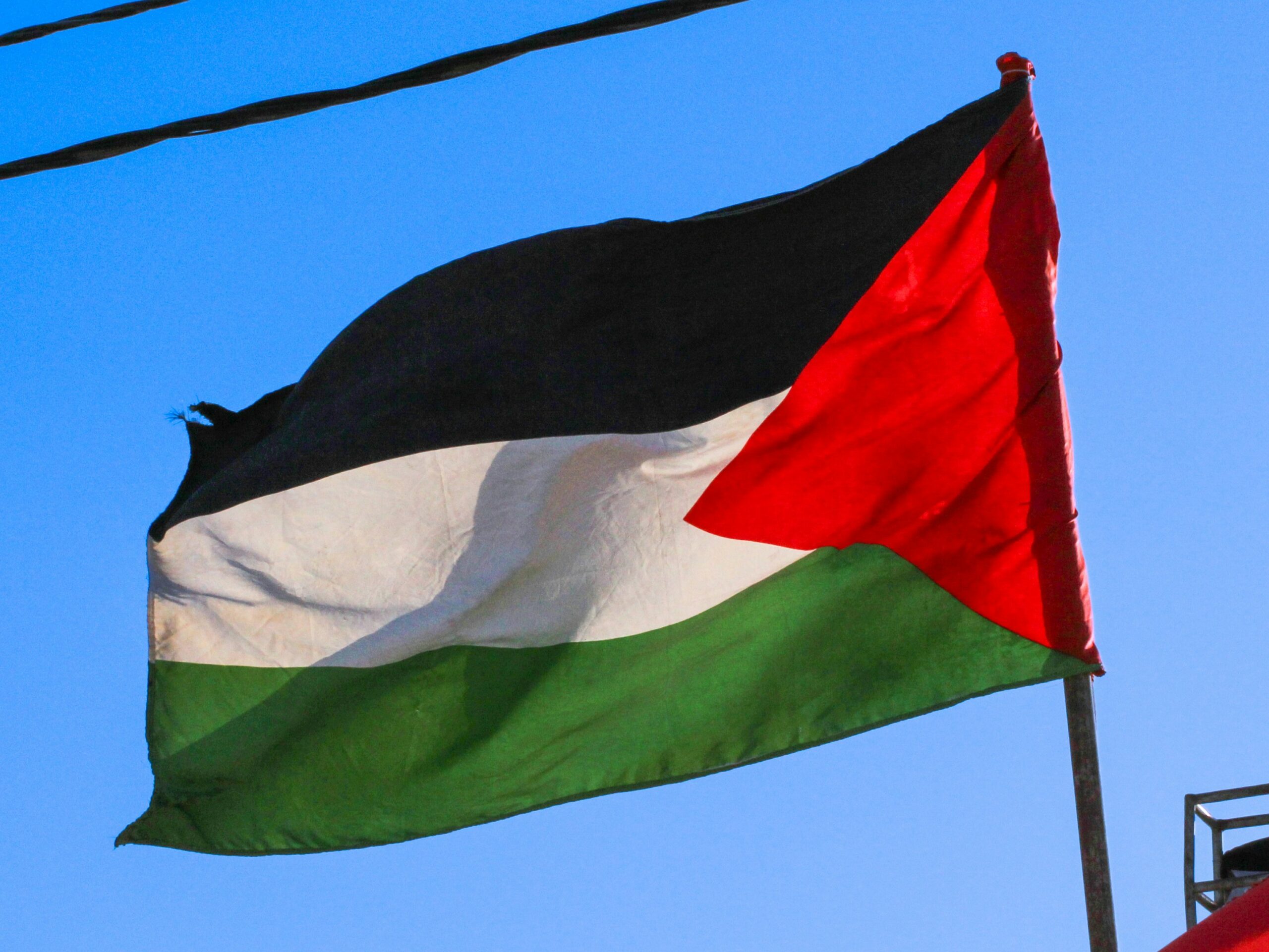
In a bold and contentious move, award-winning Irish novelist Sally Rooney has publicly pledged her support for Palestine Action, a group recently designated as a terrorist organization by the UK government. This declaration has prompted an immediate response from the Prime Minister’s office, emphasizing the legal ramifications of backing a banned entity.
Key Facts
- The UK government officially proscribed Palestine Action as a terrorist organization on July 5, following a series of high-profile protests and direct actions against the UK’s military cooperation with Israel.
- Rooney announced her intention to fund the group in an opinion piece published by the Irish Times, sparking controversy and governmental scrutiny.
- The Prime Minister’s office has warned that supporting a proscribed organization is a punishable offense under the Terrorism Act, with potential sentences of up to 14 years in prison.
- More than 700 individuals affiliated with Palestine Action have been arrested in the UK, highlighting the government’s stringent enforcement of the new law.
Background
Palestine Action has been a vocal critic of the UK’s arms trade with Israel, particularly in light of the ongoing conflict in Gaza. The group gained notoriety for its direct actions, which include breaking into military bases and damaging equipment to protest against what it sees as UK complicity in war crimes committed by Israel. These actions culminated in the group’s designation as a terrorist organization, aligning it legally with groups like ISIL and al-Qaeda.
Official Reactions
A spokesperson from the prime minister’s office reiterated the seriousness of Rooney’s actions, stating that support for Palestine Action could be seen as an endorsement of terrorism due to the group’s recent classification. The statement highlighted the distinction between legitimate protest and support for a banned organization. Home Secretary Yvette Cooper defended the proscription on grounds of national security, stating that the group’s activities posed a direct threat to public safety.
What’s Next
The legal implications for Rooney could be significant if the government pursues charges under the Terrorism Act. The situation also raises broader questions about freedom of expression and the limits of protest in the UK. With many activists already facing legal action, the coming months are likely to see continued legal and public discourse over the definition and treatment of terrorism, as well as the rights of individuals to support political causes.
As the debate unfolds, the international community and human rights organizations are closely monitoring the UK’s handling of this case, which could have far-reaching implications for how governments worldwide define and manage domestic protest and political dissent.


